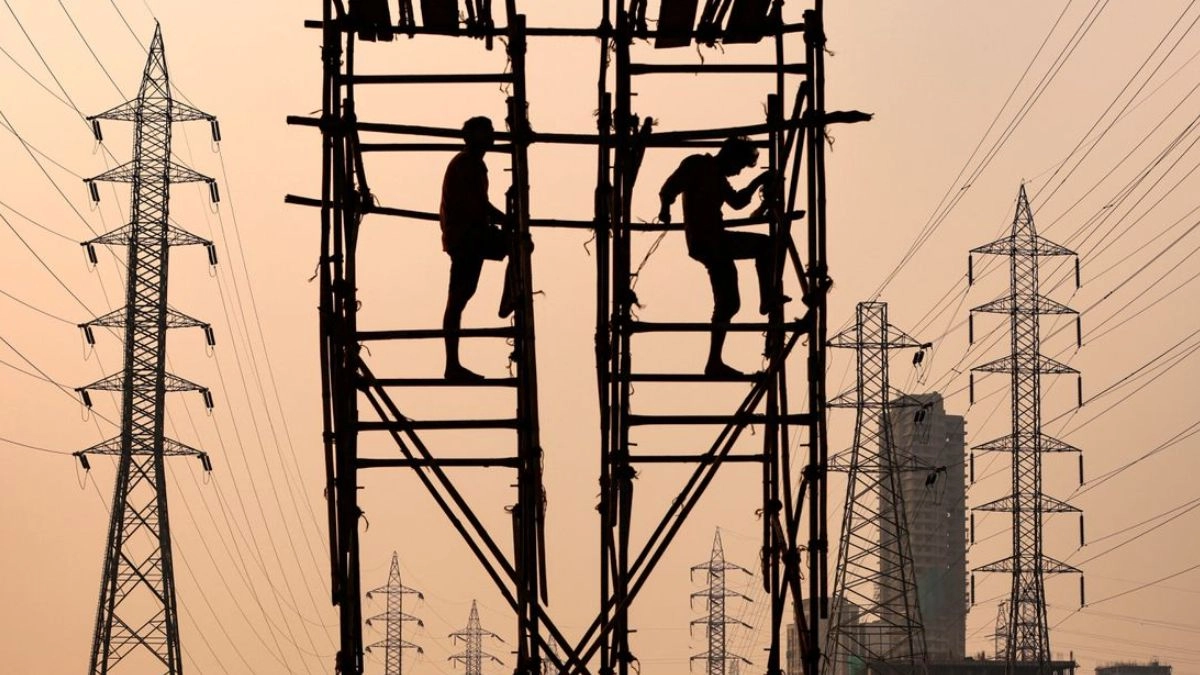- By Radha Basnet
- Tue, 18 Jun 2024 02:09 PM (IST)
- Source:JND
In response to reports of fraudulent activities involving mobile numbers linked to electricity KYC update scams, the government has implemented stringent measures to protect citizens. The Department of Telecommunications (DoT) utilised the "Chakshu" portal for reporting and analysing fraudulent activities. Initially, five suspect numbers were identified, leading to a broader investigation. The AI-driven analysis on the Chakshu portal revealed that 392 handsets linked to 31,740 mobile numbers were involved in fraudulent activities.
Acting on these findings, the DoT instructed all telecom service providers (TSPs) to block the IMEI numbers of the 392 handsets used in cybercrimes and financial frauds. Furthermore, TSPs were directed to re-verify the 31,740 mobile connections linked to these compromised devices. The DoT warned that failure to re-verify would result in the immediate disconnection of the reported numbers and the blocking of the associated handsets.
"Failure in re-verification will result in immediate disconnection of reported numbers and blocking of associated handsets," said the DoT as quoted by news agency IANS.
According to the government, alert citizens have been proactive in reporting suspected fraud communications via the 'Chakshu-Report Suspected Fraud Communications' facility on the Sanchar Saathi portal of DoT.
This initiative has helped the DoT in combating and preventing cybercrimes and financial fraud. "Citizens reported some cases of fraudsters using SMS & WhatsApp messages related to electricity KYC updates and malicious APK files to manipulate and gain control over victims' devices," said the Department.
This initiative underscores the DoT's commitment to enhancing the security of Telecommunications networks and safeguarding citizens from digital fraud.
(With IANS Inputs)

